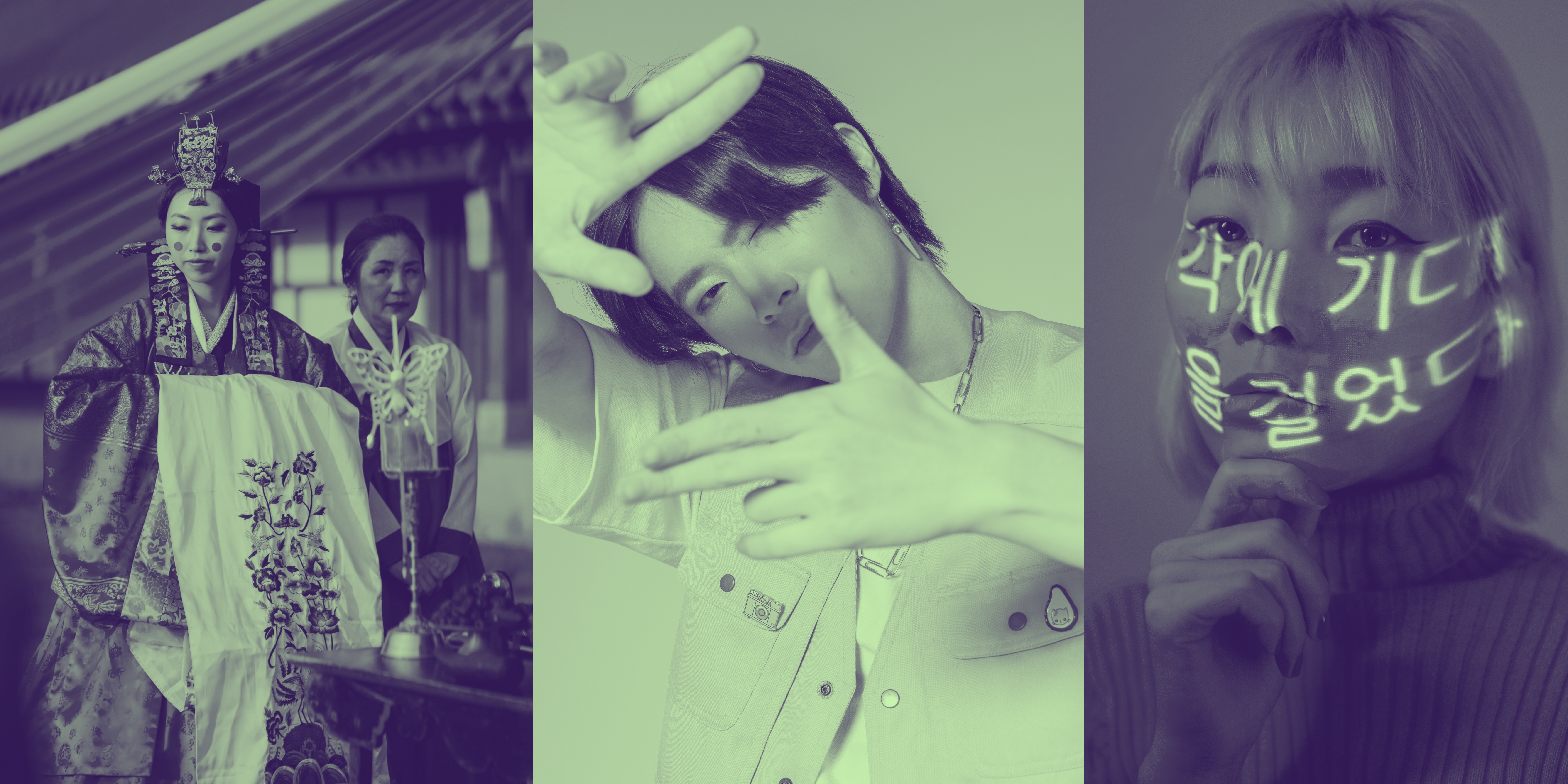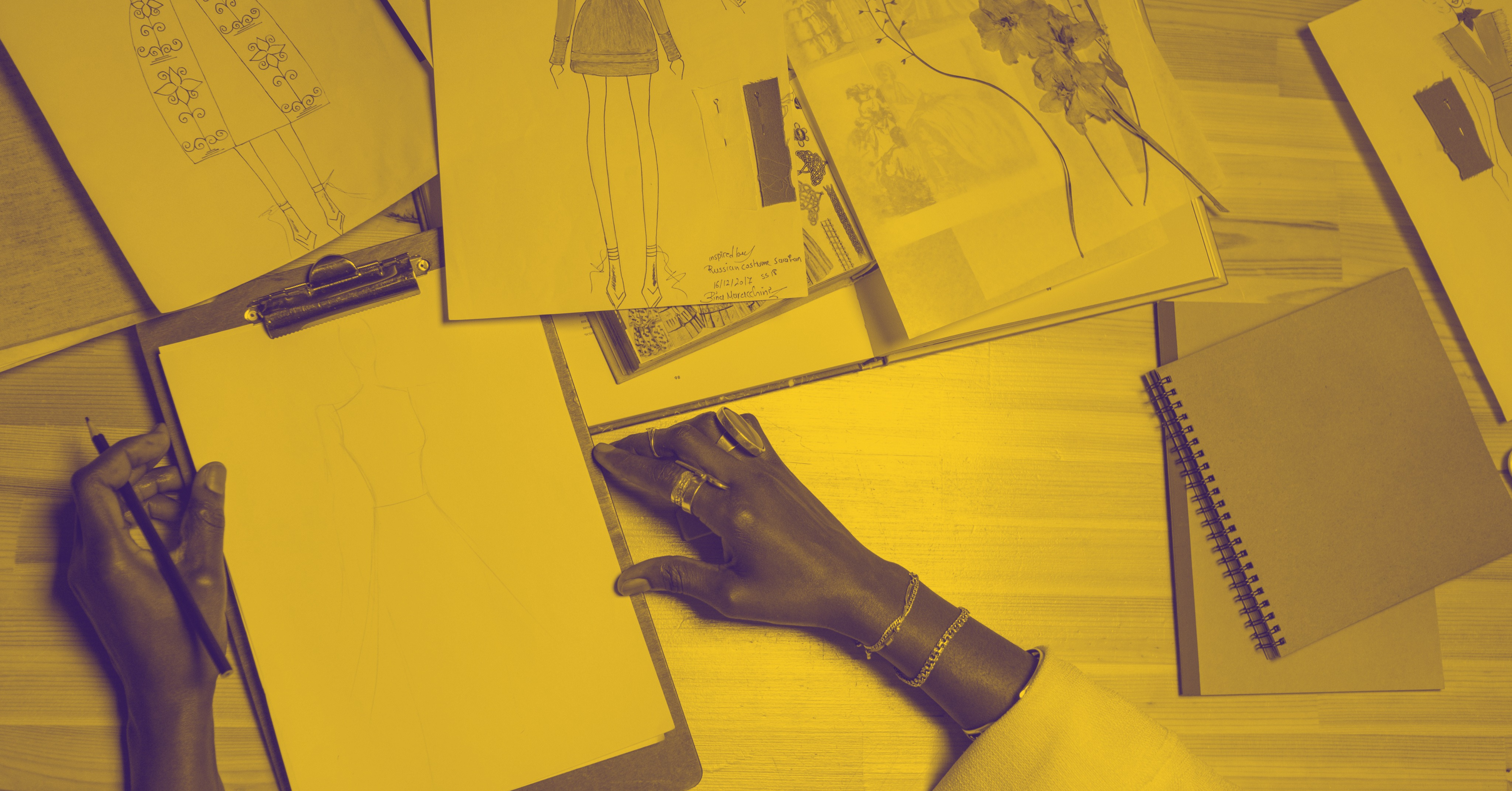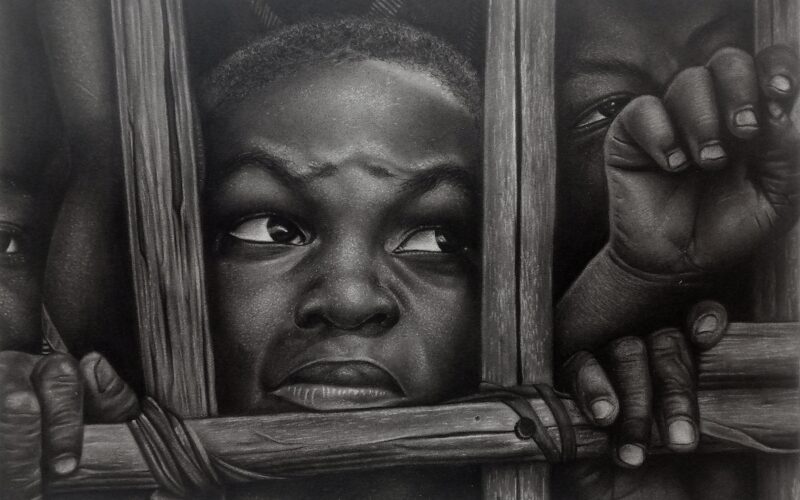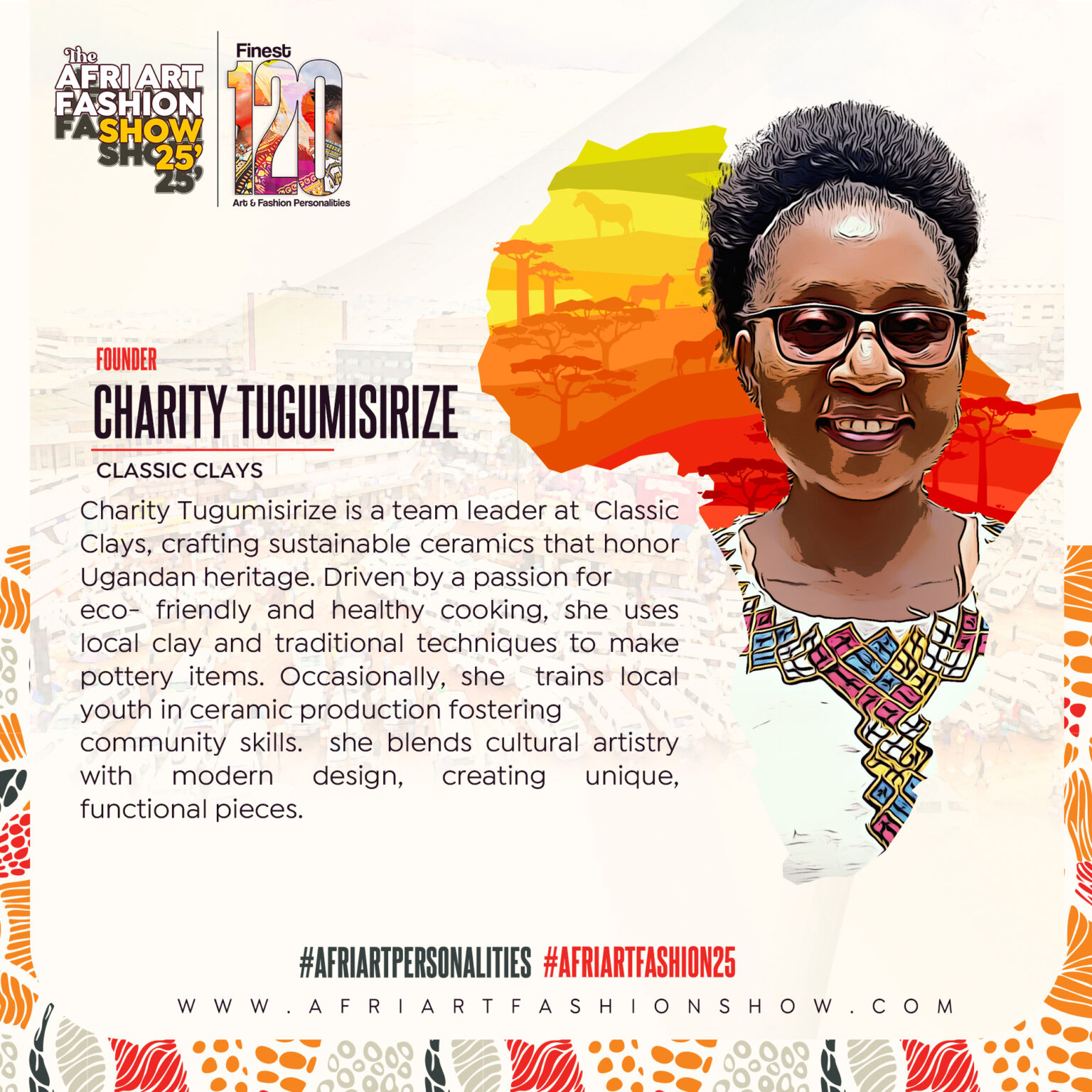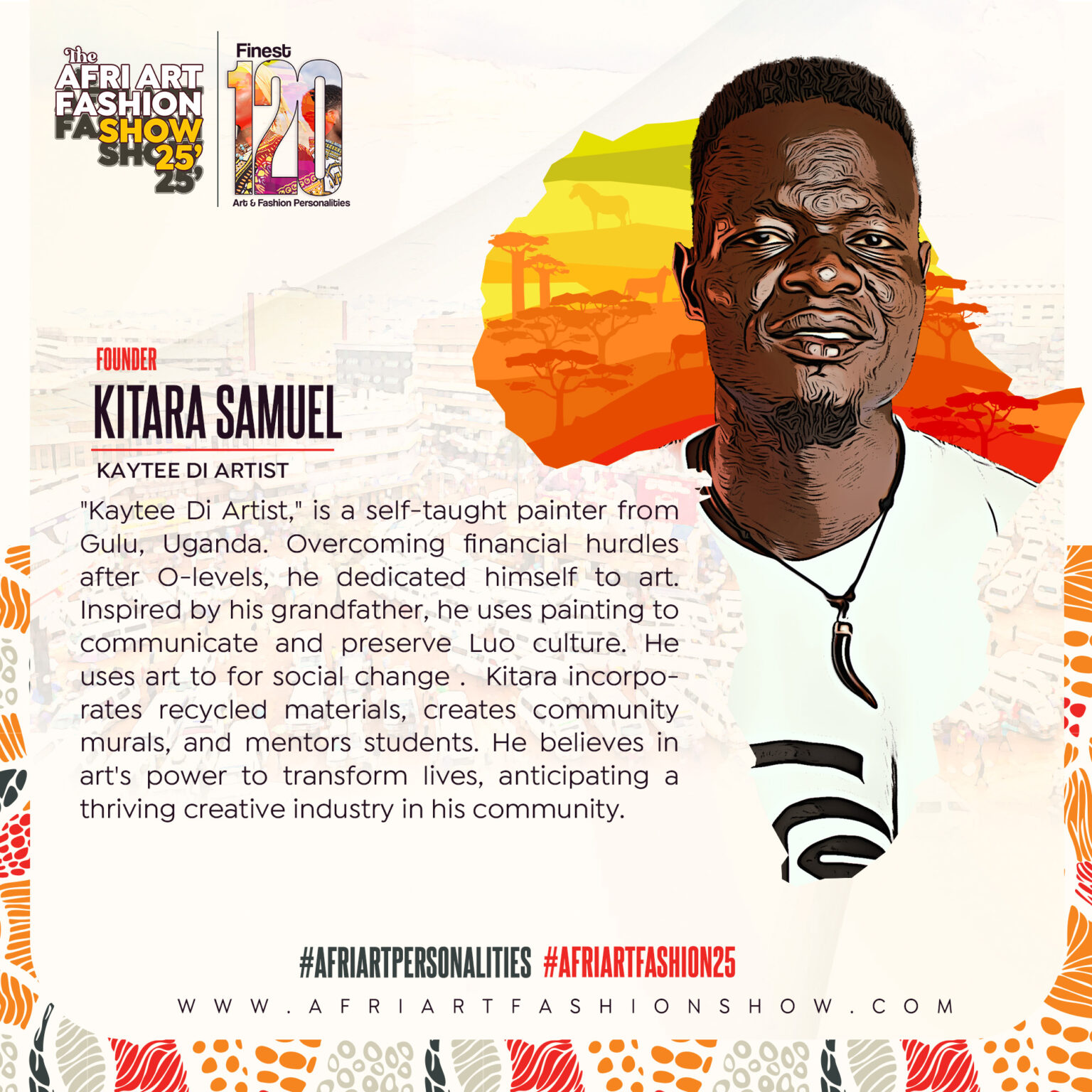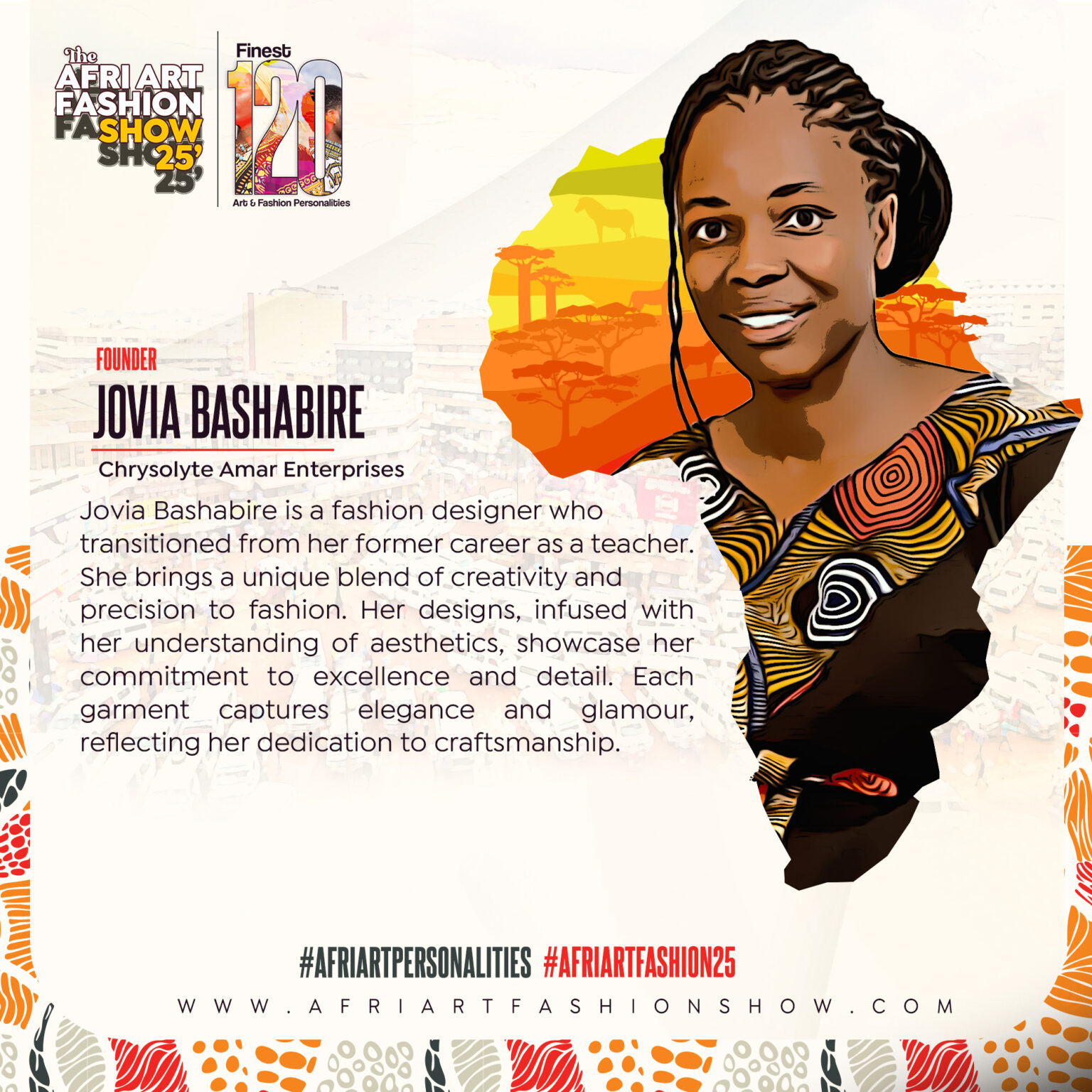Korean dramas, also known as K-dramas, have taken the world by storm with their gripping storylines, stunning visuals, and unique cultural influences. Nigeria, with its vibrant and growing film industry, is no exception. However, the spiralling effect of the K-drama on the idea of romance in Nigeria came without warning. K-dramas have not only gained a loyal fan base but are also shaping the way Nigerians view romance, especially with their portrayal of soft male lovers—a subject that was once considered alien in Nigerian society.
The K-Drama-Spurred Revolution in Profound Love in Nigeria!
But what is it about K-dramas that has captured the hearts of Nigerians, especially ladies, and reshaped the country’s perception of love? At least for a long time, Nigerians were hooked on Bollywood romance, with its extravagant musical numbers, over-the-top acting, and larger-than-life love stories. I, for one, remember the nostalgic feelings that come with the Indian musical interlude. However, K-dramas have slowly taken over the hearts of Nigerians with their more subdued yet emotionally charged approach to romance.
What is it about Nigerians and K-Drama
One of the key things that make K-dramas stand out from other romantic dramas is their ability to portray emotions in a raw and authentic way. K-dramas are not afraid to delve into the complexities of love and relationships, often exploring themes such as sacrifice, heartbreak, and self-discovery. This level of emotional depth is something that Nigerian audiences have been craving for, as many local romantic dramas tend to focus on more superficial aspects of love.
Another aspect of K-dramas that has resonated with Nigerian audiences is the portrayal of strong, independent female characters. In many K-dramas, women are not portrayed as damsels in distress waiting to be rescued by their male counterparts. Instead, they are often portrayed as successful.
K-Drama Character Appointed as Ideal Romantic Partner by Nigerian Ladies
K-drama culture in Nigeria lingers, with Nigerian girls not only crushing but also appointing the lead characters of these movies as their ideal romantic partners. Some even go to the extent of dreaming of one day travelling to Korea to marry their favourite actor. Does this suggest that the culture of romance is lacking in Nigeria? Or has anything to do with dysfunction in the marriage institution in Nigeria? Of which the K-drama, through its screenplay, gives reassuring hope in romance.
K-drama Redefining Ideal Romantic Male Partner
Another of the most significant aspects of K-dramas that has resonated with Nigerians is the idea of soft male lovers. Nigerian women have constructed their idea of romance and being loved based on K-dramas. Something which has led to using Lee MinHo as a yardstick for whoever will be their partner. In K-dramas, male characters such as Lee MinHo are often portrayed as sensitive, empathetic, and emotionally expressive, traits that are not typically associated with traditional masculinity in Nigeria.
Some have criticised these movies, for example “Boys Over Flowers”, of projecting an unrealistic concept of love that may be damaging to many. This, however, hasn’t pulled a hair to stop the ladies from crushing more on Korean film heroes like Lee Minho.
K-drama Challenges Gender Roles in Nigeria
This portrayal of male characters has sparked a conversation in Nigeria about toxic masculinity and the need for a more nuanced understanding of what it means to be a man.
K-dramas have subtly challenged traditional gender roles in Nigeria. In K-dramas, female characters are often portrayed as strong and independent, with their own ambitions and desires, rather than just being relegated to supporting roles for male characters. This has opened up a new conversation in Nigeria about the need for gender equality and the importance of empowering women.
Romance portrayed as a slow burn
Another aspect of K-dramas that has captured the hearts of Nigerians is their depiction of romance. In K-dramas, romance is often portrayed as a slow burn, with characters taking their time to develop a deep emotional connection before expressing their feelings. This is in contrast to the fast-paced, often superficial nature of romance in Nigerian media, where love is often portrayed as a grand gesture or a fleeting emotion.
Serial Introduction of Korean Fashion, Music and Cuisine to Nigerian
K-dramas have also introduced Nigerians to new cultural influences, such as Korean fashion, music, and cuisine. This has sparked a new interest in Korean culture among Nigerians and led to the creation of K-drama fan clubs on Whatsapp, where Nigerians gather to share the latest K-drama series and discuss their favourite shows, characters, and moments.
The K-drama serves as an opium to escape the upheavals facing many. The food, fashion, and entire physical appearance of the characters and the settings have seemed to serve as a form of therapy for many.
K-Drama Accused of Promoting Unrealistic Beauty Standards: Guilty or Not?
However, the rise of K-dramas in Nigeria has not been without its challenges. Some have criticised K-dramas for promoting unrealistic beauty standards and perpetuating gender stereotypes. There have also been concerns about the impact of K-dramas on Nigerian culture, with some fearing that the popularity of K-dramas could lead to the erasure of Nigerian cultural traditions.
Despite these challenges, it is clear that K-dramas have had a significant impact on Nigerian society, particularly in how Nigerians view romance and gender roles. K-dramas have sparked new conversations and opened up new possibilities for Nigerian media and culture. As the popularity of K-dramas continues to grow in Nigeria, it will be interesting to see how they continue to shape and reshape Nigerian society.
You are FAB!
Cheers,
Samuel
Related





